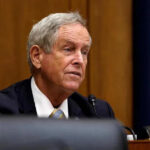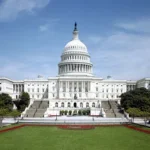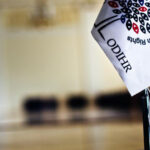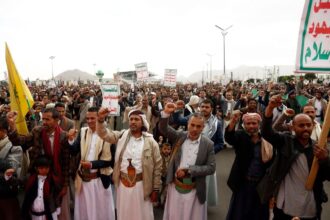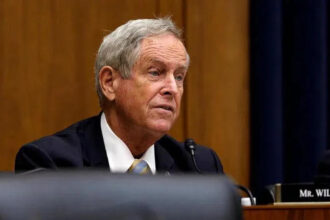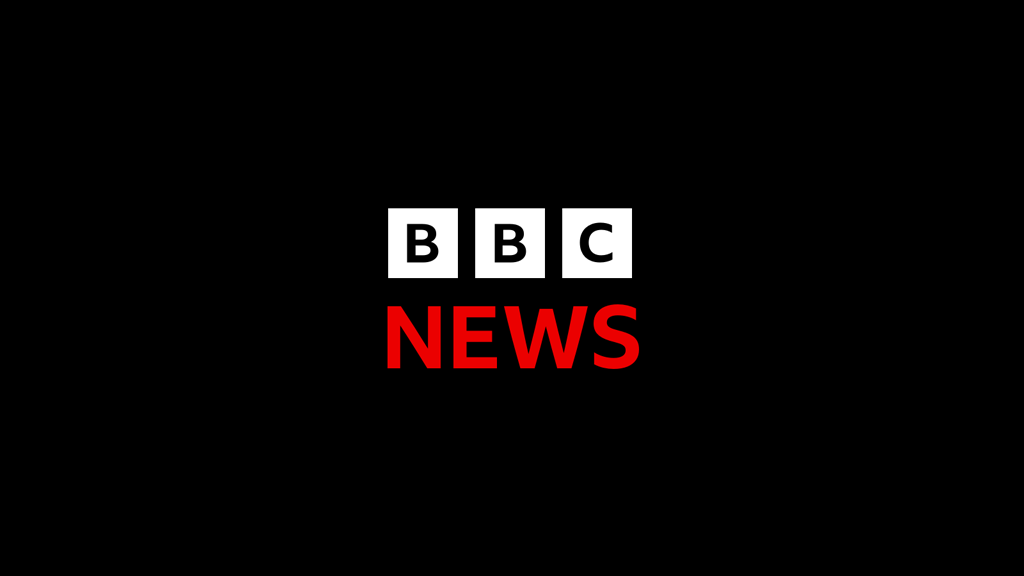**Why You Can Trust BBC News**
The British Broadcasting Corporation (BBC) is a well-known and respected news provider in the UK and around the world. Our website, like our TV and radio services, strives for accurate, impartial, independent, and fair journalism.
**Our Commitment to Impartiality**
We know that identifying credible journalism on the internet can be confusing. That’s why we’re making greater efforts to explain what type of information you are reading or watching on our website, who and where the information is coming from, and how a story was crafted. This way, you can judge for yourself why BBC News can be trusted.
**Indicators of Trustworthy Journalism**
We have identified several areas that contribute to trustworthy journalism:
* **Newsroom best practice**: We follow our own Editorial Guidelines, which set out the standards expected of our journalists.
* **Type of Work**: Our content is labeled as either “News”, “Analysis”, “Ask the Audience”, “Explainer”, “Opinion”, or “Review” to help you understand what type of information we’re presenting.
* **Journalist Expertise**: Many articles are written by experienced journalists with a subject specialism, and their biographies can be found on our website.
* **Citations and References**: We strive to credit sources and provide links to official reports, statistics, or other relevant information.
**Transparency**
We’re committed to being open and honest about what we don’t know, avoiding speculation, and correcting mistakes. If an article has been edited since publication, a note will be added to indicate this. We also have a complaints procedure in place for any issues you may have with our content.
**More Information**
For more information on how we work, see the BBC News website’s Help page.

